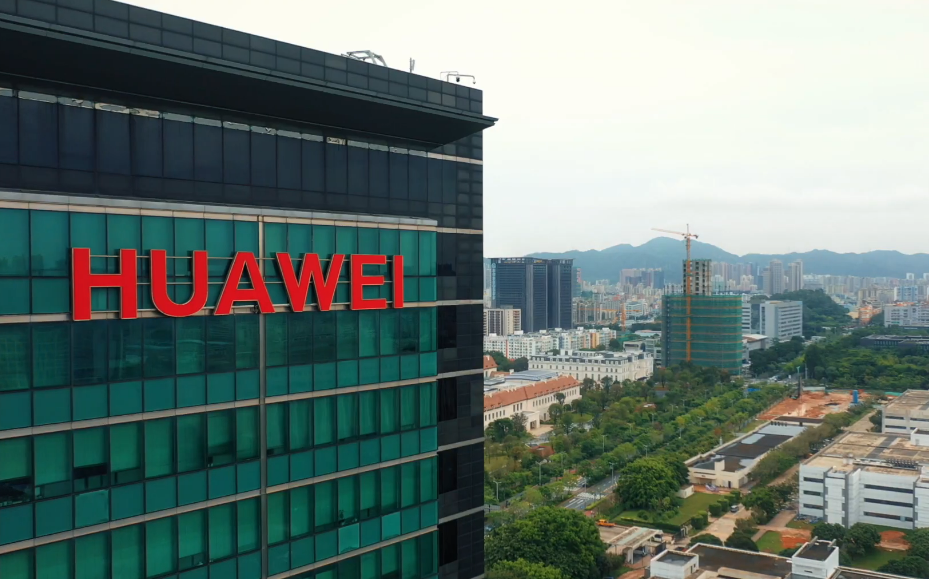
Huawei has just blamed the US for the whole chip crunch that is shaking the global tech industry. Due to the sanctions against Chinese companies, a panic buying of semiconductors and other supplies have rocked global availability.
Semiconductor Shortage 2021
Eric Xu, Rotating Chairman of Huawei noted at the company's 18th Huawei Analyst Summit that due to US sanctions against Huawei, there has been a panic stockpiling from major companies and even Chinese ones. Companies are now reportedly building up to three to six months worth of inventory.
According to the story by Nikkei, the US has listed Huawei and some other Chinese tech companies on the official trade blacklists which restricts their access to general American technology due to "national security risks." Xu noted that the "unwarranted US sanctions" directly towards Huawei and other Chinese companies are now creating a massive industry-wide supply shortage.
White House Summit to Address Chip Shortage
It was also noted that this could even trigger a whole new global economic crisis. Xu's recent remarks come just hours before the White House planned to host a summit which aims to address the global chip shortage, according to the report by CNBC. The main emphasis of this summit is on the automotive industry and there were dozens of executives in attendance.
List of Those That Attended the Summit
-
General Motors
-
Ford
-
Google
-
Taiwan Semiconductor Manufacturing Co (TSMC)
-
Samsung Electronics
-
NXP
These are the names of the major companies that joined the summit and the White House officials acknowledge the whole chip shortage could be hard to solve in the short term.
Prices Can Go from 35% to 65%
Xu also noted that US trade restrictions directly on Huawei have not just undermined the company but also caused damage to the relationship of trust that once existed within the global semiconductor supply chain.
He also noted that even more countries are now trying to push onshore chip production to boost self-reliance especially in the tech field. This will reportedly entail at least a massive $1 trillion upfront investment. The result will reportedly push semiconductor prices to hike by 35% to 65% and might even lead to the general higher costing of electronic devices for general users.
Read Also: Intel Takes Advantage of AMD Chip Shortage, Cuts 10th-Gen Comet Lake Prices
Huawei to Focus on Software
Other Chinese companies are now concerned that they might face either the same or similar situation as Huawei noting he believes that there might be companies that would want to invest in chip manufacturing in order to satisfy the needs of Huawei and also other Chinese companies while complying with US rules.
Xu also acknowledged that as of the moment, no chip manufacturers around the world are able to help Huawei put its very own chip design production to life due to US export control rules. Huawei, however, continues to fund its very own team for the research and development for chips. The company noted that it will also continue to invest directly into software engineering over the course of the next five years to potentially further boost the company's resilience and also make its products able to compete even more.
Related Article: Apple to Bring its Chip Partner TSMC at the White House Summit to Talk About Semiconductor Shortage
This article is owned by Tech Times
Written by Urian Buenconsejo









